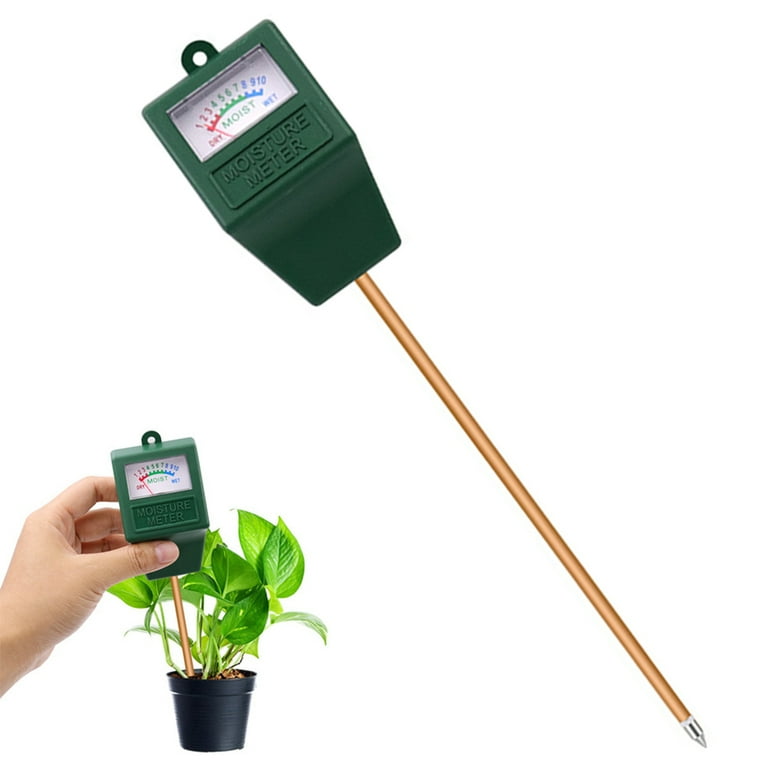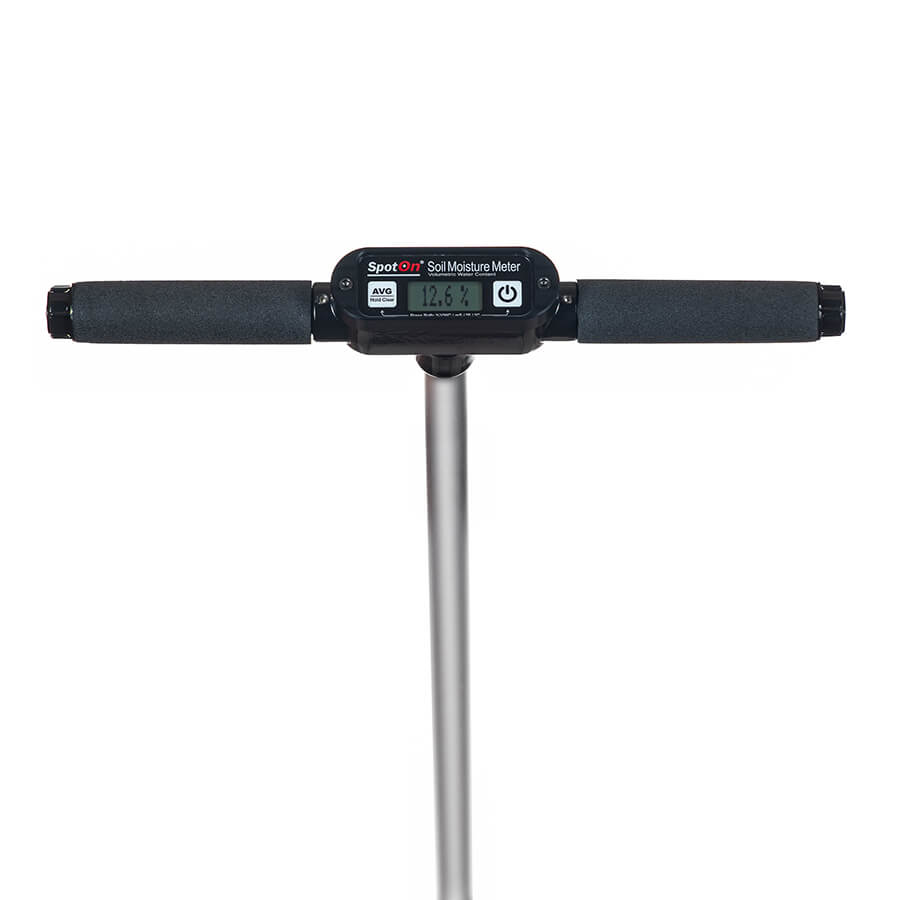Understanding the Different Types of Moisture Meters and Their Applications
The Ultimate Overview to Wetness Meters: A Comprehensive Summary and How They Can Conserve You Money
In the realm of structure maintenance, building, and various sectors, the significance of accurately gauging wetness levels can not be overemphasized. Wetness meters work as indispensable devices in spotting and monitoring moisture web content in products, helping in preventing pricey problems and ensuring the top quality of products. Understanding the subtleties of different sorts of dampness meters, their applications, and the prospective cost-saving benefits they supply can be a game-changer for experts and services alike. Discovering how these tools can not just improve procedures however also add to monetary cost savings is a journey worth starting.
Types of Wetness Meters
Numerous kinds of dampness meters are available for different applications in different markets. One usual kind is the pin-type moisture meter, which measures the electrical resistance between two pins placed into a material. This kind is appropriate for timber, drywall, and various other structure products. Pinless dampness meters, on the various other hand, usage electro-magnetic sensing unit plates to check a bigger area without causing damage to the material's surface. Moisture Meter. These meters are ideal for rapidly examining wetness levels in big areas such as floors and walls.

Furthermore, there are also specialty moisture meters designed for specific products like hay, grain, or dirt. These meters offer accurate dampness readings tailored to the distinct buildings of the product being tested. Infrared dampness meters measure the thermal residential properties of a material to establish its wetness web content non-invasively, making them beneficial for applications where pin or pinless meters may not be ideal. Comprehending the different sorts of moisture meters available can assist markets pick the most appropriate device for their specific wetness dimension requirements.

Benefits of Making Use Of Dampness Meters
Dampness meters provide important benefits in accurately examining and keeping an eye on wetness degrees in varied products and environments (Moisture Meter). Among the main benefits of utilizing moisture meters is the avoidance of prospective damage caused by excess dampness. By spotting and addressing high moisture degrees early on, wetness meters aid to stop mold development, rot, and structural damages in structures, saving both money and time on repair services. In addition, moisture meters aid in making certain the quality of materials during building or production procedures. By accurately measuring moisture content, these tools help preserve the stability of timber, drywall, concrete, and various other products, minimizing the danger of flaws or failings.
In addition, utilizing wetness meters can result in increased power effectiveness. By identifying locations with high dampness levels, such as leaks or inadequate insulation, modifications can be made to improve power conservation and reduce energy expenses. In agricultural setups, wetness meters play an essential role in maximizing crop returns by allowing farmers to keep track of dirt wetness levels and make notified irrigation choices. In general, the benefits of making use of wetness meters span throughout various sectors, offering cost-efficient options and promoting much better quality control techniques.
Just How to Choose the Right Wetness Meter
When selecting a moisture meter, it's important to ensure that the meter is ideal for the details product you will be screening. Various materials have differing electric buildings that can impact moisture analyses, so choosing a meter developed for your material is critical for precise results. By carefully reviewing these variables, you can select a sites moisture meter that fulfills your requirements and offers exact wetness measurements for your tasks.
Correct Techniques for Dampness Meter Use

Expense Cost Savings With Wetness Meter Applications
Exactly how can the tactical application of wetness meters lead to considerable cost financial savings throughout different industries? In the farming sector, dampness meters help in identifying the optimal time for gathering crops, protecting against over-drying or excess dampness that can affect the final item's high quality.
Similarly, in building, moisture meters aid avoid pricey damages by spotting dampness levels in structure materials, such as wood or concrete, which can lead to structural issues if not resolved quickly. By recognizing problem areas beforehand, specialists can take rehabilitative steps to stay clear of extensive repair services or substitutes, ultimately saving money and time.
Furthermore, in the food handling industry, wetness meters are crucial for keeping track of item top quality and guaranteeing conformity with safety and security regulations. By accurately determining dampness web content in foodstuff, producers can avoid wasting, keep quality, and reduce waste, resulting in considerable expense financial savings. Generally, the critical application of dampness meters is a valuable investment that can lead to substantial cost reductions and improved efficiency across various industries.
Conclusion
In conclusion, dampness meters are important tools for determining and spotting dampness levels in various products. By utilizing the right wetness meter and following correct methods, users can properly avoid pricey damages created by excess wetness.
Moisture meters serve as indispensable devices in detecting and checking moisture content in products, aiding in stopping costly problems and ensuring the high quality of products. Infrared wetness meters gauge the thermal residential or commercial properties of a product to establish its moisture material non-invasively, making them useful for applications where pin or pinless meters may not you can check here be ideal.Moisture meters provide very useful advantages in precisely checking and assessing wetness degrees in varied products and environments. In agricultural settings, wetness meters play a crucial duty in optimizing plant yields by enabling farmers to monitor soil wetness levels and make notified watering choices.In verdict, dampness meters are valuable tools for determining and identifying dampness degrees in numerous products.